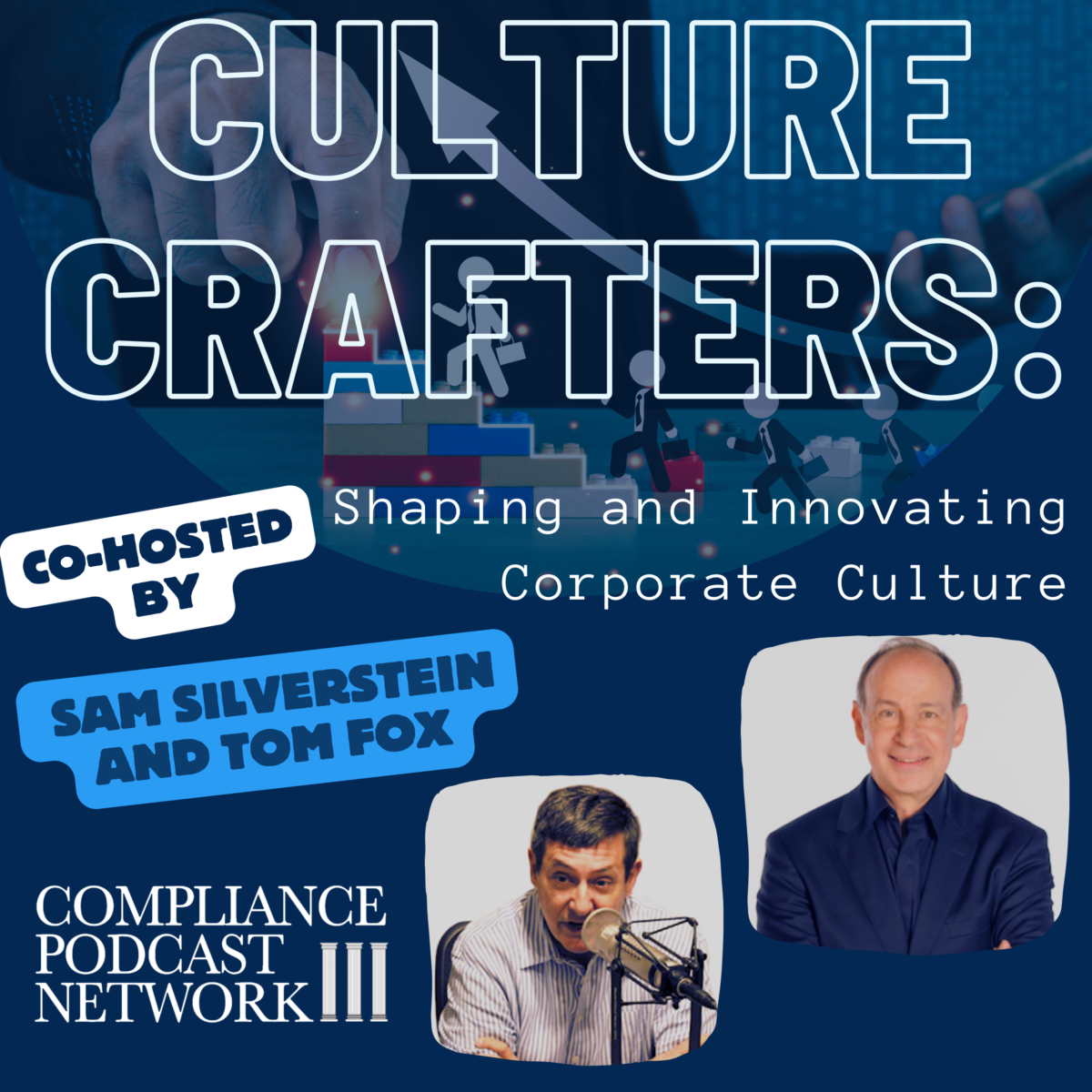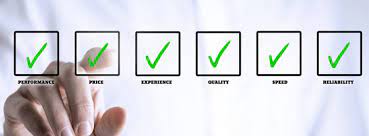Assessing an organization’s various aspects is crucial for its success. From ethics to workplace dynamics, leaders need to consider multiple factors to create a transparent and efficient work environment—in short, a better culture. In this blog post, we will explore the importance of assessing ethics, speed of implementation, trust, stress, diversity, equity, and inclusion in organizations.
Why should an organization prioritize assessing ethics, speed of implementation, and trust for organizational success? Of course, there is the regulator aspect, as exemplified by Deputy Attorney General Lisa Monaco in October 2021, who recognized the need for companies to assess, manage, monitor, and improve their corporate culture. Her vision was then memorialized in the 2023 Evaluation of Corporate Compliance Programs (ECCP) update, announced in January 2023. In the ECCP, the Department of Justice (DOJ) asked the following questions: How often and how does a company measure a culture of compliance? What are your hiring and incentive structures around compliance? What steps have you taken in response to your measurements of compliance? Yet the more compelling reason is the business basis for corporate culture.
A successful culture assessment involves assessing various areas of an organization’s culture to shape a solid, high-performing environment. The assessment should focus on values, ethics, mission clarity, employee engagement, trust, and communication to identify areas of strength and improvement. By optimizing the process, compliance professionals can gain valuable insights that guide them in creating a culture that fosters integrity, collaboration, and superior performance.
Assessing culture within an organization is crucial for maintaining a positive reputation and building trust with stakeholders. It ensures that the organization operates with integrity and follows ethical guidelines in all its practices. Speed of implementation is also important, as it allows organizations to adapt quickly to changing market conditions and stay ahead of the competition. On the other hand, trust is the foundation of any successful organization. Building trust among employees, customers, and partners creates a positive work environment and fosters collaboration and innovation. To prioritize these aspects, leaders can set clear ethical guidelines, streamline processes for faster implementation, and actively work on building trust through open communication and transparency.
What role do stress, diversity, equity, and inclusion play in evaluating workplace dynamics and your organization’s culture? Stress can significantly impact workplace dynamics, affecting employee morale, productivity, and overall well-being. Organizations need to assess and address workplace stress sources to create a positive and supportive environment for employees. Diversity, equity, and inclusion are key factors in evaluating workplace dynamics. A diverse and inclusive workforce brings different perspectives and ideas, leading to better decision-making and innovation.
To address stress in the workplace, leaders can offer resources for mental health support, promote work-life balance, and create a culture of open communication. To foster diversity, equity, and inclusion, organizations can implement diversity training programs, establish inclusive hiring practices, and create opportunities for underrepresented groups to thrive.
One area that compliance professionals do not talk enough about is trust. Trust is the cornerstone of any successful organization. It creates a foundation of respect, collaboration, and teamwork among employees, leading to increased productivity and job satisfaction. Trust also fosters organizational transparency, allowing for open communication and accountability at all levels. To build trust in the workplace, compliance professionals and, indeed, all business leaders must lead by example, communicate openly and honestly, and establish a culture of trust and respect. By prioritizing trust, companies can create an environment where employees feel empowered and motivated to perform at their best.
A culture assessment helps organizations create a positive and productive workplace environment by measuring various aspects of culture, providing actionable insights, and emphasizing audibility and transparency. With regulators’ increasing focus on corporate culture, a culture assessment can also help companies demonstrate their commitment to ethical behavior and compliance. By utilizing this tool, organizations can drive better leadership, improve employee engagement, and ultimately enhance their bottom line.
Assessing ethics, speed of implementation, trust, stress, diversity, equity, and inclusion are essential to building a successful and sustainable organization. By prioritizing these aspects, compliance professionals and business leaders can create a transparent and efficient work environment that fosters collaboration, innovation, and success.
If you feel overwhelmed by the complexity of assessing and improving your organization’s culture, then you are not alone. The struggle to identify cultural deficiencies and areas for improvement within the multifaceted aspects of organizational culture can be daunting. It would be best to break free from the overwhelming process and gain the insights you need to enhance your organization’s performance and productivity. Following these precepts will help you uncover the key to unlocking a culture that drives success.







